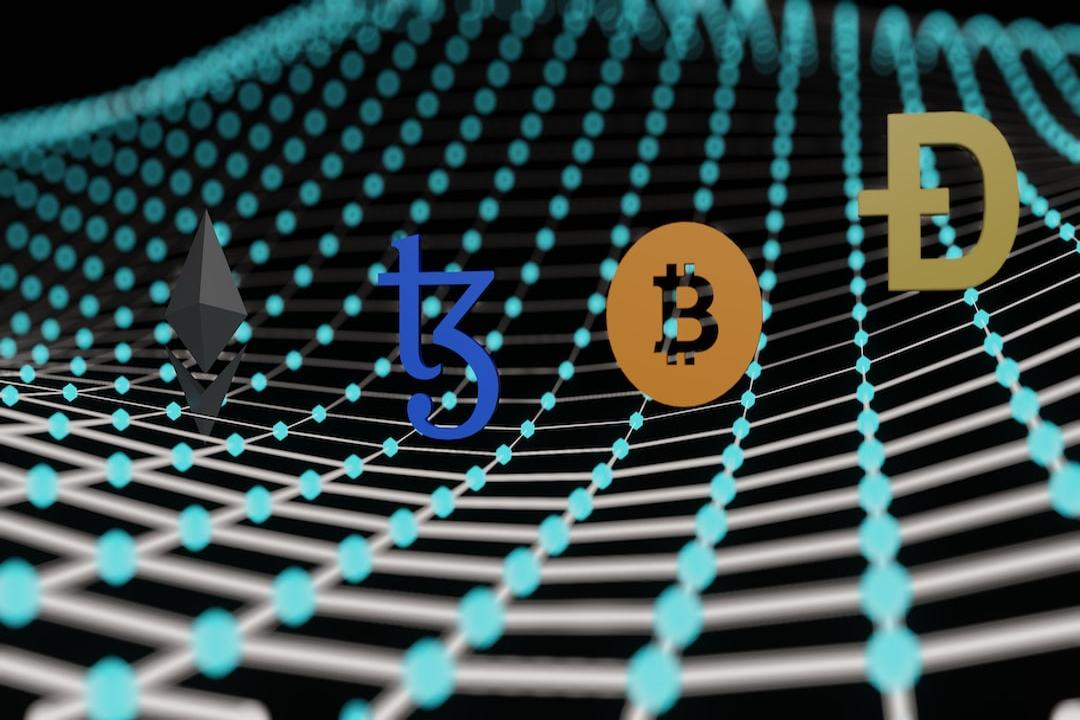Popular cryptocurrency wallet MetaMask has announced the launch of a new feature called “Smart Transactions” this month, aiming to help users mitigate the impact of Maximum Extractable Value (MEV) and reduce gas fees. The feature is designed to protect users from MEV attacks, such as sandwich attacks, by allowing them to submit their transactions to MetaMask’s “virtual mempool” instead of the public mempool before being officially confirmed on the blockchain. This protects users from certain types of MEV attacks and automatically bundles related transactions together to save on gas fees.
Additionally, users can perform pre-transaction simulations using the wallet’s built-in real-time simulation service to achieve higher success rates and better predict gas costs. They can also monitor the real-time status of transaction processing on MetaMask’s dashboard without having to navigate to third-party websites or blockchain explorers.
To enable the Smart Transactions feature, users need to have MetaMask extension version 11.15 or higher or MetaMask mobile app version 7.21 or higher. The feature is disabled by default and can be easily switched back to standard transactions.
According to data from MEV tracking website EigenPhi, MEV extracted over 124,000 ETH from Ethereum users in 2023 alone, equivalent to nearly $360 million in value based on the current price of $2,900 per ETH. MEV has become a major pain point for blockchain users as it increases gas costs, slows down transaction speeds, and can even lead to transaction failures.
One prevalent form of MEV is the sandwich attack, where MEV bots buy tokens before a user’s buy order and quickly sell them at a higher price, causing users to purchase at a higher-than-expected price while the bots profit from the price difference.
To prevent MEV, MetaMask’s Smart Transactions leverages a virtual mempool, similar to a private mempool, by auctioning transactions to block producers who bid for the opportunity to include the transactions in a block. These block producers can also retroactively extract profits from certain transactions. Unlike Ethereum’s public mempool, if the virtual mempool’s block producers fail to execute transactions at the price quoted by MetaMask to users, they will face economic penalties.
According to Jason Linehan, Head of Research at Consensys, 95% of Ethereum block producers have already joined MetaMask’s virtual mempool initiative. He addressed concerns about centralization by stating that the virtual mempool is different from a private mempool and is necessary to address Ethereum’s significant hidden costs.


